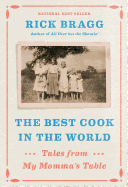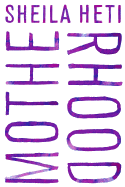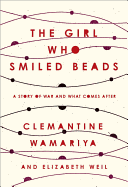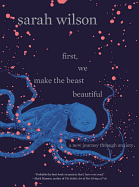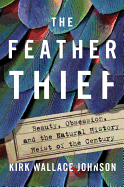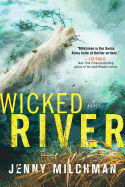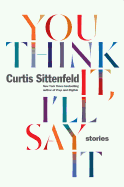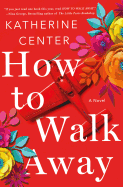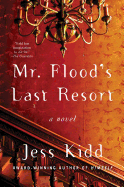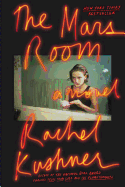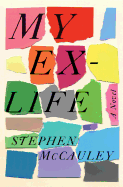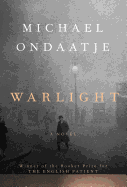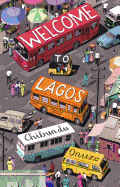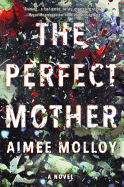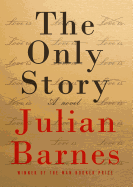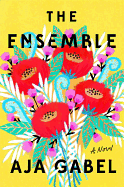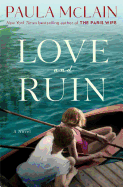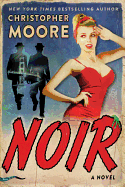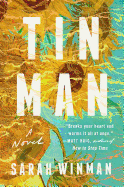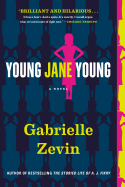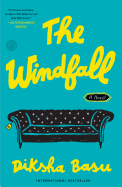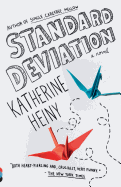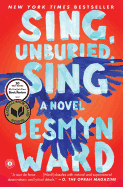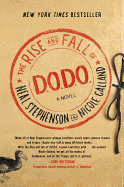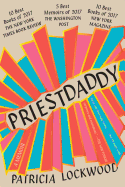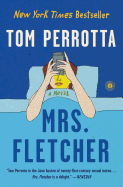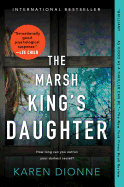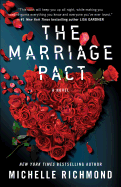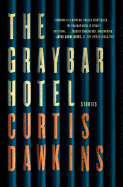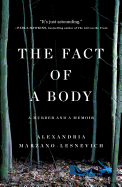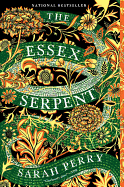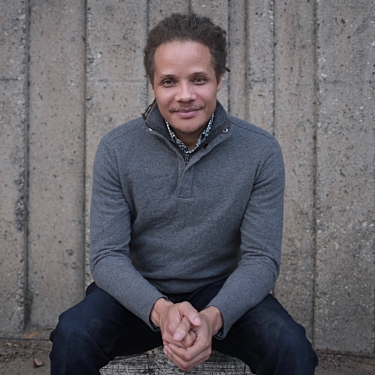 |
| photo: Arash Saedinia |
Booksellers have chosen Jamel Brinkley's debut short story collection, A Lucky Man: Stories, out May 1 from Graywolf Press/A Public Space Books, as their number-one pick on the May Indie Next List.
In A Lucky Man, which received starred reviews from both Kirkus and Booklist, Brinkley presents a poignant, raw collection of nine stories set in Brooklyn and the South Bronx, where black men and boys struggle to salvage relationships, escape past mistakes, and define their own lives in a world shaped by race, gender, and class and permeated by the promise of luck--or its absence.
Brinkley, whose debut was also selected by booksellers for the Winter/Spring 2018 Indies Introduce program, was raised in the Bronx and Brooklyn and is a graduate of Columbia University and the Iowa Writers' Workshop. His work has received support from the Kimbilio Fiction writers' community and the Wisconsin Institute for Creative Writing, and Brinkley is currently a 2018–2020 Wallace Stegner Fellow in Fiction at Stanford University.
Each of these stories takes place in Brooklyn and the South Bronx. How have those places influenced your writing?
In some ways, those are the only places I've known for much of my life. I grew up in various parts of Brooklyn and in the South Bronx, so when I think about characters, about people, naturally I'm thinking about the people that I grew up with, whether it's my family or my friends or my neighbors in those places. Those are my people, in a lot of ways. As far as an inspirational resource or a compositional resource, that's naturally where my mind goes because that's what I've known pretty much my entire life.
Are many of these characters based on specific people or are they mostly amalgamations of different people's traits?
I think they're amalgamations. In some ways, a lot of the characters are partly me. There's a range of them; I think there are elements of me in all those characters, but, of course, I've observed other people or certain types of people and have taken little bits and pieces from them. I like to pull from life, but I like whatever I pull to be as small and sturdy as possible so that I can imagine around it and really build a story. I don't want to have the elements of my stories be pulled too much from autobiography or biography.
Many of these stories deal with confusion about masculinity or elements of the concept that are problematic for certain characters. Can you talk a bit about writing about that topic?
I didn't set out to write a collection of stories that dealt explicitly with masculinity. I was just moving from story to story, focusing on these individual characters, and now that this is all gathered up into a book, I can stand back and see it, that that's what the book is doing.
I think that masculinity, or any sort of gender identity, is kind of like ill-fitting clothing. It's something that we wear from day to day and sometimes it fits well and sometimes it doesn't. There are certain expectations put on us about what it means to be a man or a woman, to be masculine, to be feminine, or something else, that I think don't always connect with who we really are, so the characters in the stories are feeling the weight of the expectations of masculinity put on them. Really, I think what the collection is trying to do is open up ideas of masculinity--that it can be a range of things, that there are many ways to be masculine, which I think is interesting especially right now, when we're having a lot of conversations about toxic masculinity, for instance.
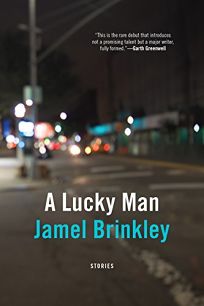 The title of the collection, A Lucky Man, comes from the title story, which follows Lincoln, a private school security guard who is reflecting back on his marriage and his life. How does the concept of luck appear in the story? Does that theme run through the rest of the collection?
The title of the collection, A Lucky Man, comes from the title story, which follows Lincoln, a private school security guard who is reflecting back on his marriage and his life. How does the concept of luck appear in the story? Does that theme run through the rest of the collection?
I think the idea of luck does spread throughout the collection but it resonates differently in different stories. In "A Lucky Man," Lincoln is starting to come to this painful recognition that he's been called "lucky," jokingly, for much of his life, but he starts to realize, wait a minute, maybe my good fortune has nothing to do with me. Maybe it is just luck, maybe it has nothing to do with my talent, with the kind of person that I am, so that the luck is simply that, something that has been bestowed upon him and can easily be taken away.
With some of the other stories, luck transforms or is connected to other ideas, such as being exceptional or the idea of happiness--characters who are in situations that might seem good or beneficial or happy to them. That term, whether it's "lucky" or "exceptional" or "happy," is always sort of tinged with irony in the collection.
Have you always wanted to be a writer? How did you come to writing as a career?
I've always loved reading, which is something that most writers will probably say. When I was a kid I would play these games where I would make up characters and scenarios, which, looking back on it, seems like part of the origin of my writing life. Since then, I've put myself in close proximity to writing without actually taking on the writing life. I taught high school English for a while, I was an English major in college, I started a PhD program in comparative literature, so I've always been around literature--reading it, teaching it, critiquing it--but it wasn't until a few years ago, around 2012, that I really explored the possibility of putting writing at the center of my life. I went to a number of summer writing workshops that year, which were really encouraging and nourishing, and I came across exceptional teachers. That really made me think, hey, maybe I should try this. This makes me happy.
What has been the role of indie bookstores in your life?
Indie bookstores have been important to me everywhere I've lived. In Brooklyn, Greenlight Bookstore was my home away from home; I would always be in there browsing or buying books, adding to my stack of books to be read. When I left New York for Iowa City, Prairie Lights became my home away from home, and from there I moved to Madison, where A Room of One's Own became that place, and now in L.A., there are stores like Skylight Books and Eso Won Books that are really important to me.
I think indie bookstores are so important because, well, it's the people, really. It's the booksellers, who are, to my mind, really committed and enthusiastic readers first. It's always a great experience to go into a bookstore and hear the folks working there talking happily about books and what they just read and to see their recommendations on the shelves and have them recommend books to you. That kind of person-to-person contact from an enthusiastic reader is really energizing. --Liz Button
A Q&A With Jamel Brinkley, Author of May’s #1 Indie Next List Pick



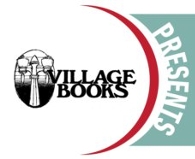

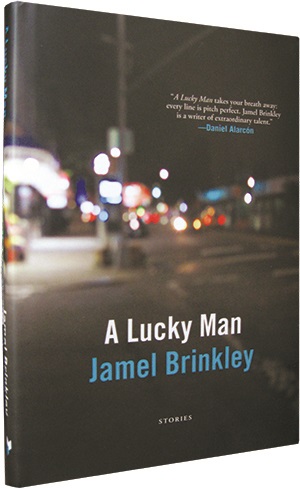

 The title of the collection, A Lucky Man, comes from the title story, which follows Lincoln, a private school security guard who is reflecting back on his marriage and his life. How does the concept of luck appear in the story? Does that theme run through the rest of the collection?
The title of the collection, A Lucky Man, comes from the title story, which follows Lincoln, a private school security guard who is reflecting back on his marriage and his life. How does the concept of luck appear in the story? Does that theme run through the rest of the collection?